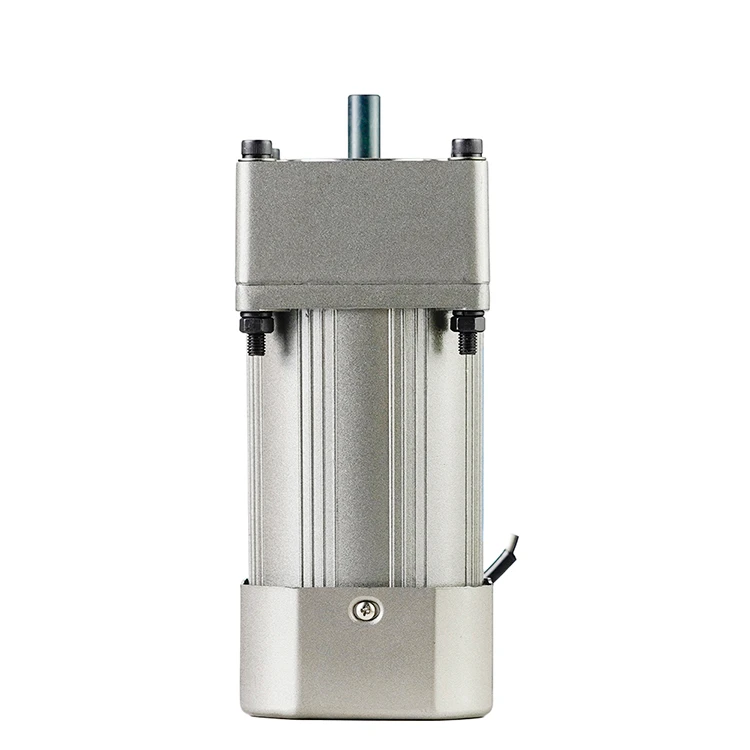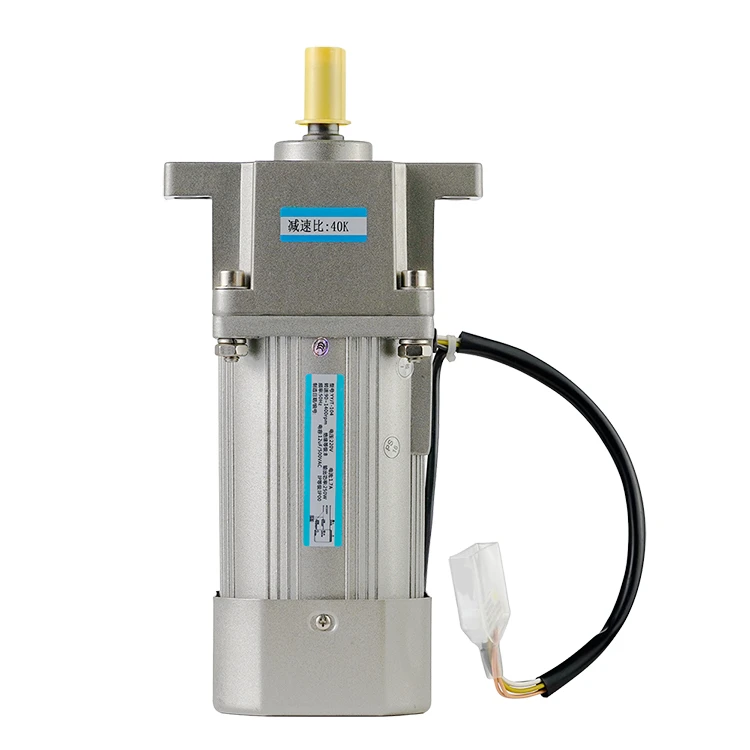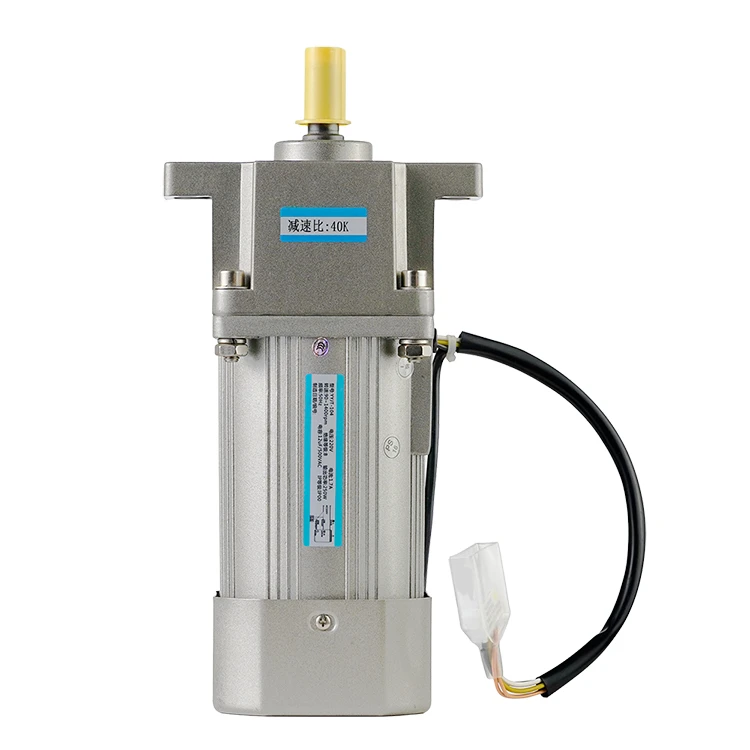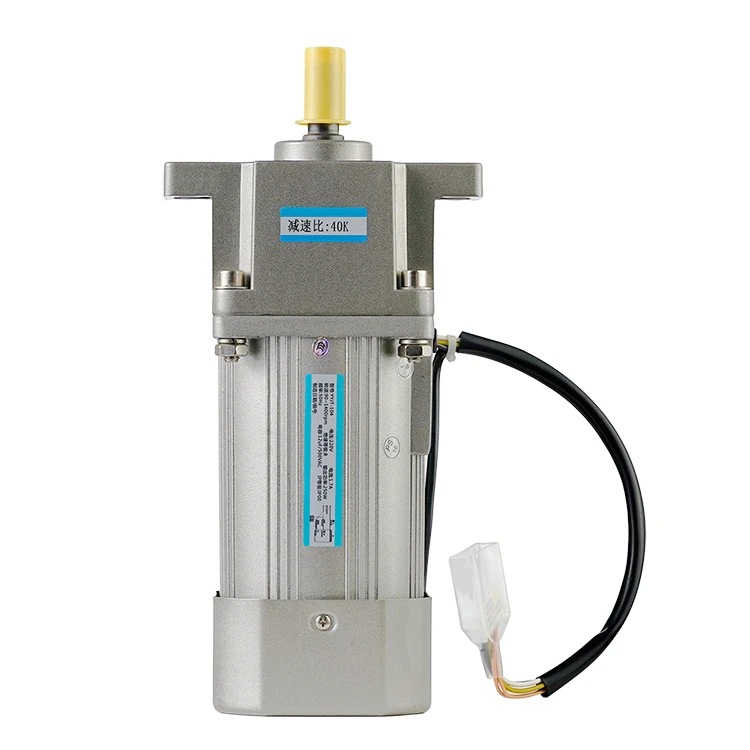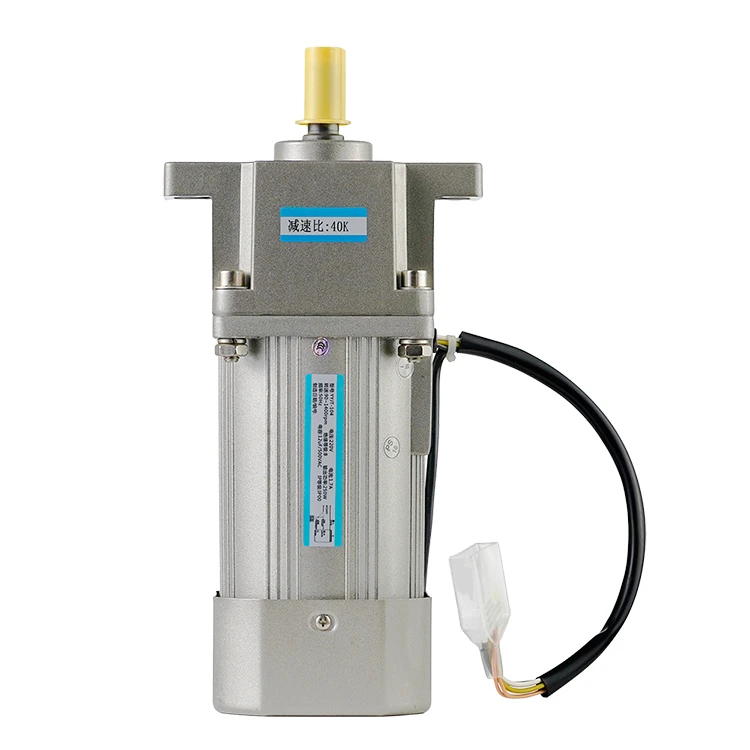How do I know if my motor is AC or DC?
2024-05-21 08:59:36
In the world of electrical engineering, motors are a crucial component. They come in various types, each with its own unique characteristics and applications. Electric motors come in two main types: alternating current (AC) and direct current (DC). One of the most fundamental distinctions is between AC (alternating current) and DC (direct current) motors. In this article, we will explore the key differences between these two types of motors and discuss how you can determine whether a motor is AC or DC.
Understanding the Basics: AC and DC Motors
Before we delve into the specifics of how to identify the type of a motor, let's first understand the basic principles of AC and DC motors.
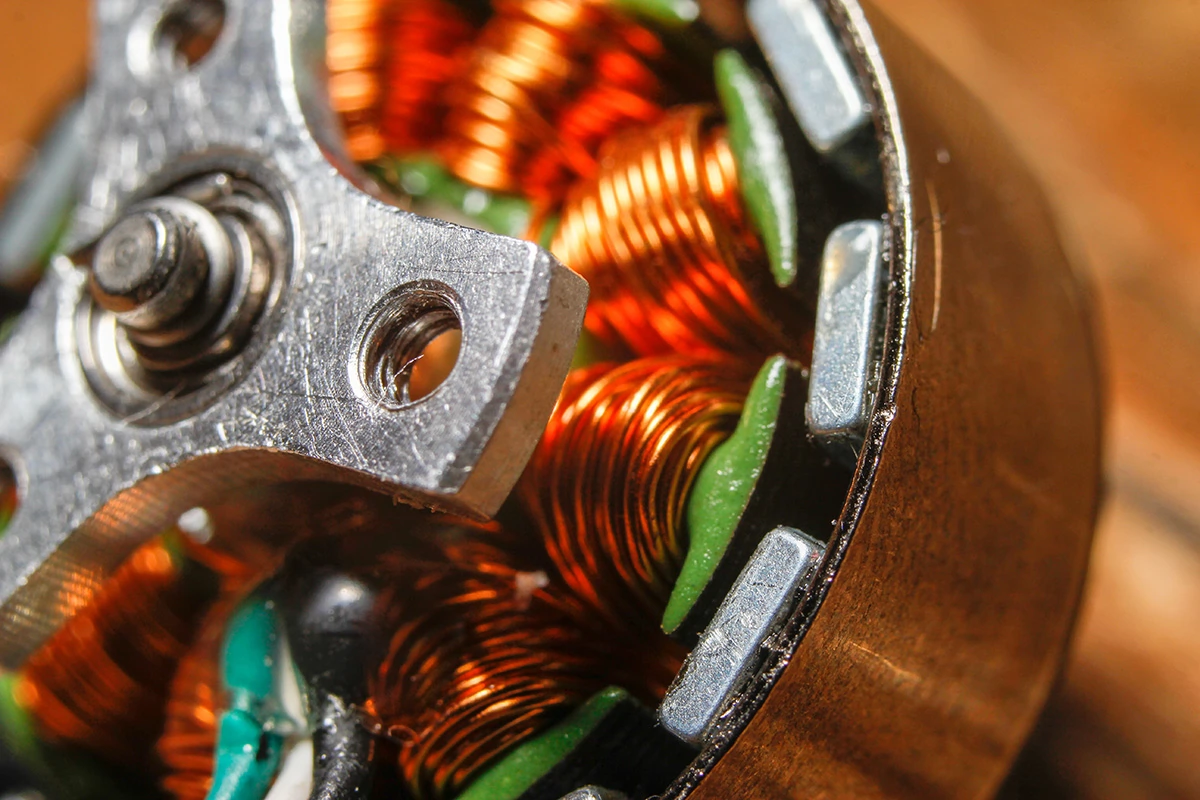
AC Motors
As the name suggests, AC motors run on alternating current. They are widely used in a variety of applications, from industrial machinery to household appliances. AC motors are known for their simplicity, reliability, and ability to operate at a wide range of speeds.
DC Motors
In contrast, DC motors run on direct current. They are commonly used in applications where precise speed control is required, such as in electric vehicles and robotics. DC motors are known for their high efficiency and ability to provide a high starting torque.
Identifying AC and DC motors by their appearance
Now that we have a basic understanding of AC and DC motors, let's discuss how you can determine the type of a motor.
Motor Label or Nameplate
Check the motor's label or nameplate for information. Look for keywords such as "AC," "DC," or specific voltage and current ratings. The label may also provide additional details about the motor's construction and specifications, aiding in identification.
Commutator and Brushes
If the motor has visible brushes and a commutator, it is likely a DC motor. The commutator is a segmented metal ring connected to the rotor, while the brushes make contact with the commutator to control the current flow in the armature windings.
Examine the Rotor
In an AC motor, the rotor is typically a squirrel cage or wound rotor. In a DC motor, the rotor is usually a permanent magnet or wound rotor. By examining the rotor, you can often determine whether a motor is AC or DC.
Input terminals
DC motors also have two input terminals (positive and negative), which is a clear distinction from the three terminals found in AC motors. The presence of these two terminals indicates that the motor operates on direct current.
Other identification methods
Electrical testing can provide more definitive results when determining the type of motor.
Resistance Test
Using a multimeter set to the resistance (ohms) mode, measure the resistance between the motor's terminals. If the resistance reading remains relatively constant regardless of the polarity of the probes, it is likely an AC motor. AC motors typically exhibit consistent resistance due to the symmetrical winding configuration.
Polarity Test
Set your multimeter to the DC voltage mode and connect the probes to the motor's terminals. Rotate the motor shaft by hand or use an external power source to spin the motor. If the multimeter shows a changing voltage polarity (positive to negative or vice versa), it indicates a DC motor. DC motors generate a changing voltage output as the rotor rotates due to the commutation process.
Additional Considerations
While the aforementioned methods can help identify the type of motor, there are some considerations to keep in mind. In some cases, motors may have unique designs that make identification more challenging. For example, certain hybrid motors combine characteristics of both AC and DC motors, making identification more complex.
Conclusion
Determining whether a motor is AC or DC is crucial for understanding its operation and selecting the appropriate power supply. I hope that the inspection methods provided above can help you successfully identify AC and DC motors. If the motor you encounter is more special and the results of the inspection are not very accurate, you can consult relevant professionaltechnicians or seek help from Lunyee at any time.
See What Lunyee Can Do For You
Contact Us
- 8619149417743
- +86-0371-5562 0274
- [email protected]
- Zhengzhou, Henan Province, China
- Mon-Fri: 9:00 - 18:00
